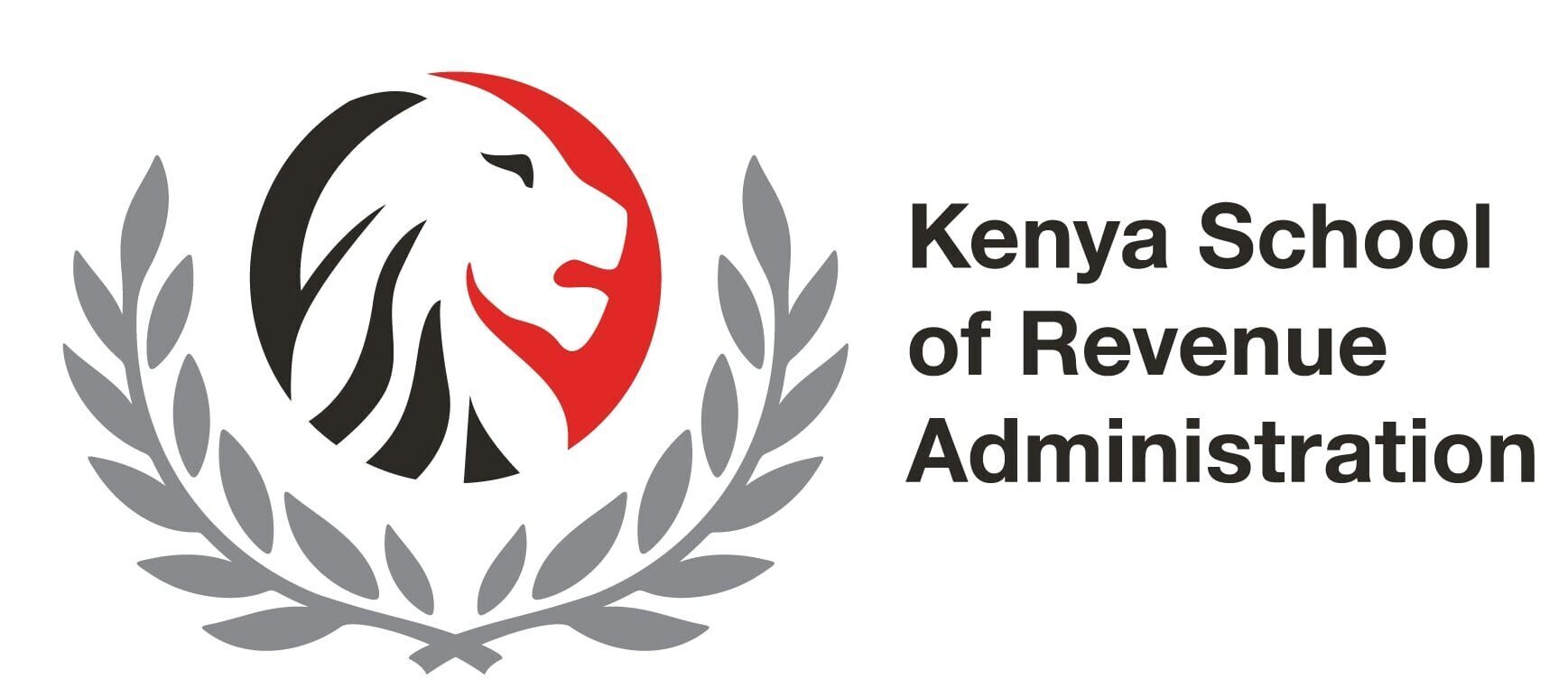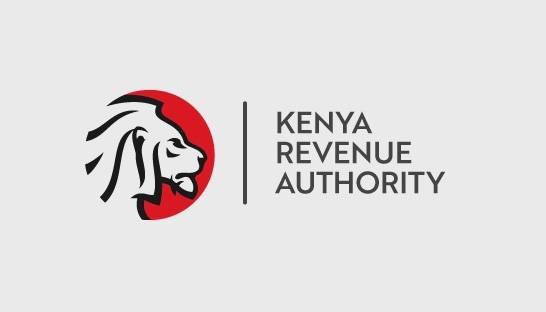- Tax Appeals Tribunal Decisions
- 256 Views
The Respondent then undertook a post clearance audit of the Appellant’s operations covering the period January 2015 to December 2019. The audit established that twenty-six (26) import transactions by the Appellant contravened Customs laws and requirements.
JUDGMENT
BACKGROUND
- The Appellant is a limited company duly incorporated and licensed in Kenya carrying out the business of international courier, freight imports/exports, importer of record (10R) and exporter of record (EOR) services, warehousing and distribution services in Kenya.
- The Respondent is a principal officer of Kenya Revenue Authority, (KRA). KRA is charged with the responsibility of among others, assessment, collection, accounting and general administration of tax regime on behalf of the Government of Kenya.
- On 10thDecember, 2019, 2nd January, 2020 and 21st January, 2020 the Appellant imported goods under reference numbers 19NBO1M402957764 and 20NB01M40061178.
- The Respondent then undertook a post clearance audit of the Appellant’s operations covering the period January 2015 to December 2019. The audit established that twenty-six (26) import transactions by the Appellant contravened Customs laws and requirements.
- Vide its letter dated 22ndJuly 2020, the Respondent issued its findings and demanded outstanding taxes of Kshs 32,486,409.80.
- The Appellant lodged its objection to the tax demanded vide its letter dated 18thAugust 2020.
- Vide a letter dated 14thSeptember,2020, the Respondent issued its Objection Decision and revised the demanded amount to Kshs 32,803,604.56.
- Being dissatisfied by the Respondent’s Objection Decision, the Appellant filed its Notice of Appeal on 13thOctober 2020.lt then filed its Memorandum of Appeal and Statement of Facts on 27th October 2020.
- Upon service, the Respondent filed its Statement of Facts on 9thMarch 2021. THE APPEAL
- The Appeal is premised on the following grounds:
- The Objection Decision dated 14thSeptember,2020 is null and void ab initioon the ground that:-
- There is no demonstration of how the assessed amounts as indicated in the schedules amounting to Kshs 32,803,604.56 as captured in the Objection Decision dated 14thSeptember,2020, was arrived at.
- In the demand notice dated 22ndJuly, 2020 the Respondent had raised an assessment totaling Kshs 32,486,409.80 being extra
VAT, IDF and RDL respectively. Upon being served with the Appellant’s Notice of Objection dated 18th August,2020 the Respondent reviewed the alleged tax assessment upwards to Kshs 32,803,604.56 without providing any demonstration of how the uplifted assessment amounted to Kshs 32,803,604.56. In that regard the said Objection Decision is voidab initio.
- Section 51 of the Tax Procedures Act, 2015 (TPA) stipulates how a valid Objection Decision entails and the procedure to follow.
- The Respondent’s failure to demonstrate how it arrived at its assessed taxes and the legal basis upon which it is demanding the said taxes in its Objection Decision effectively invalidates it. The same should be set aside in its entirety.
- The Respondent’s alleged revaluation of the Appellant’s imports should be set aside on the grounds that:-
- It is unacceptable and contrary to statutory provisions for the Respondent to purport to justify its illegal and unreasonable revaluation in its Objection Decision having failed to provide the same basis in both its Post Clearance Audit Management Letter and demand notice dated 22ndJuly,2020.
- In an effort to save face, the Respondent in its Objection Decision whilst citing the provisions of Section 122(2) of The East African Community Management Act (EACCMA) proceeds to state illegally and unreasonably that … “we consider this a written request…” This notwithstanding the fact that the Appellant had made the written request on 20thMarch,2020, prior to the said Post
Clearance Audit Management Letter and demand notice dated 22nd July, 2020.
- Having contravened the provisions of Section 122 of EACCMA, the Respondent cannot purport to issue the said justification vide its Objection Decision. In any event Section 51(8) of the TPA is very clear as to the Respondent’s actions upon receiving a tax-payers Objection. Though these provisions allow the Respondent to amend an issued assessment, they do not provide for the issuance of a new legal justification for its assessment.
- By attempting to provide the justification for the assessed values in its Objection Decision yet the same were not provided in its Post Clearance Audit Management letter and demand notice dated 22nd July,2020, the Respondent has denied the Appellant of the right to object to the same as envisaged in Section 51(2) of TPA.
- The Respondent purported to revalue the goods on the basis of Paragraph 3 of the Fourth Schedule of the EACCMA which provides for determination of value of imported goods using the “Transactional Value of Identical Goods Method”. The Respondent not only failed to take cognizance of the fact that the said goods were indeed service parts imported for the purpose of satisfying service contracts, which cannot be valued using the Transactional Value of Identical Goods Method, as they are not identical or the same in all aspects, including reputation, quality and physical characteristics.
- The service parts were not imported for commercial sale; neither were they imported for sale to any particular third parties. Therefore, the Respondent fundamentally erred in purporting to compare them to other goods that were imported for commercial purposes and concluding that the same were “identical goods”
- The Respondent erred in law and fact by applying the Transaction Value of Identical Goods Method in determining its assessed value, considering the fact that the Appellant has demonstrated that the first five(5) methods as referred to in the Part 1 of the Fourth Schedule of the EACCMA are sequentially inapplicable to Arista’s services parts, and have therefore correctly computed its declared values by applying the Fallback Method, based on reasonable means consistent with the computed value methodology in all its imports.
- Notwithstanding the above, the Appellant had legitimate expectation that its applied valuation method was correct as the Respondent had on previous occasions cleared and processed the same imports utilizing the original declared values even after it was disputed and clarification was provided demonstrating that the first five (5) methods are sequentially inapplicable to Arista’s services parts.
- In light of the above, no taxes are due from the Appellant in respect of the impugned imports.
- In conclusion, the Appellant prays:
- That the Appeal is allowed with costs.
- That the Respondent’s assessment be set aside.
- That the Respondent’s Objection Decision be set aside.
- That the Respondent be stopped from demanding the tax, interest and penalties in respect of the years in contention.
- That the Respondent be permanently restrained from taking any enforcement mechanisms with respect to the demand for taxes for the years in contention.
THE RESPONSE
- In response to the Appeal the Respondent states as follows:-
- That the Respondent’s letter of response to the Appellant’s Objection dated 14thSeptember, 2020 clearly demonstrates that the assessment is a result of uplifted values. The schedule indicates the values that the Appellant declared and the new values assessed based on valuation method II. As per the schedules mentioned, the auditors uplifted the declared values to match those of identical goods as per requirements of Section 122 as read together with the Fourth Schedule of EACCMA.
- That it had raised an assessment of Kshs 32,486,409.80 in the demand notice. However, it later adjusted the assessment due to correction of an error that was pointed out by the Appellant. Six items under entry numbers 3891715 and 4220314 in the initial schedule of extra taxes were erroneously omitted in the uplifting process. This correction was done within the law and clearly explained to the Appellant in the letter of response dated 14thSeptember, 2020.
- That the demand notice of 22ndJuly,2020 and the accompanying PCA Management letter were served as per provisions of the EACCMA,2004. Unlike other Acts of law, the EACCMA is not subject to the TPA, therefore the grounds raised under 1(c) of the Memorandum of Appeal are not relevant to our case. The TPA lists the Tax Acts that draw guideline from it including; Income Tax Act, VAT Act, and Excise Duty Act, but does not include EACCMA.
- That the letter in response to the Appellant’s Objection demonstrated how the assessment was arrived at by uplifting the declared values. The schedules of assessment also list the affected items for each entry that was assessed, an audit exit conference was conducted with the Appellant on 26thJune,2020 in which a detailed demonstration of the assessed amount was conducted for the Appellant.
- That the letter in response to the Appellant’s objection dated 14th September, 2020 is not a re-evaluation of the assessment. This is in fact a response to the application by the Appellant lodged on 20thAugust 2O2O.In this response, the Respondent communicated its decision to uphold the assessment of Kshs 32,803,604.56as per the requirements of Section 229(4) of EACCMA.
- That Section 122(1) of EACCMA states that “where imported goods are liable to import duty ad valorem,then the value of such goods shall be determined in accordance with Fourth Schedule and import duty shall be paid on that value”. Paragraph 2(2)(a) of the Fourth Schedule states that …. “if in light of information provided by the importer or otherwise, the proper officer has grounds for considering that the relationship influenced the price, he shall communicate his grounds to
the importer and such importer shall be given reasonable opportunity to respond and where the importer so requests, the communication of the grounds shall be in writing”.
- That the Fourth Schedule of EACCMA defines “identical goods as goods which are same in all respects, including physical characteristics, quality and reputation. Minor differences in appearance shall not preclude goods otherwise conforming to the definition from being regarded as identical”. The assessed goods have on them model numbers. Identical goods will have identical model numbers. The assessment uplifted values to match those of identical imports by other suppliers in the sector. The identical model numbers confirm them to be the same in all aspects, including physical characteristics, quality and reputation.
- Determination of value of goods for Customs purposes is not on the intended use, either commercial or otherwise. The EACCMA states that “the customs values of imported goods shall be the transaction value, which is the price paid or payable for goods when sold for export to the Partner State adjusted accordingly”. Where the Transaction Value applied by an importer is not accepted, other methods of valuation as provided by EACCMA shall be applied sequentially.
- The assessment of extra Kshs 32,803,604.56 was assessed using the second method of Customs Valuation, which is Transaction Value of Identical Goods. Furthermore, Part II of the Interpretative Notes of the Fourth Schedule of the EACCMA states that “Where the customs value cannot be determined under the provisions of paragraph 2, it is to be determined by proceeding sequentially through the succeeding paragraphs to the first such paragraph under which the customs value cannot be determined under the provisions of a particular paragraph that the provisions of the next paragraph in the sequence can be used”. The Respondent determined the value using the succeeding paragraph of Transaction Values of Identical Goods because the data base of imports had identical goods.
- That Legitimate Expectation as provided for in the Fair Administrative Action Act will apply in circumstances where the Appellant’s actions are within the law. However, application of the Fallback Method of Valuation in this case is a violation of the provisions of the Fourth Schedule and therefore invalidates any Legitimate Expectation.
- In conclusion, the Respondent prays that:-
- The Appeal is dismissed with costs to the Respondent as the same is without merit.
ISSUES FOR DETERMINATION
- Having considered both parties’ pleadings, documentation and submissions, the Tribunal is of the respectful view that the issues that call for its determination are as hereunder:
- Whether the Respondent’s Objection Decision dated 14thSeptember, 2020 is lawful.
- Whether the Respondent erred in law and fact in applying the Transaction Value of Identical Goods Method.
- Whether the doctrine of legitimate expectation is applicable herein.
ANALYSIS AND FINDINGS
- Having determined the said issues, the Tribunal will now proceed to analyze them as herein below.
- Whether the Respondent’s Objection Decision dated 14thSeptember, 2020 is lawful.
- The Respondent issued its demand notice vide its letter dated 22nd July,2020 demanding extra taxes amounting to Kshs 32,486,409.80 claiming that the Appellant had understated values of some of its imported goods. The Appellant objected to this demand vide its letter dated 18th August,2020 offering various clarifications to justify its case. Vide its letter dated 14thSeptember,2020 the Respondent issued its Objection Decision confirming an amount of Kshs 32,803,604.80. This amount created a variance of Kshs 317,194.76 more than the amount in the initial demand.
- The Respondent contends that some six items were not valued during the audit because the demand schedule had been left blank. It therefore reviewed and rectified the omission leading to an adjustment of Kshs 317,194.76. While the Respondent is empowered under Section 31(1) of the TPA to make an amendment by making alterations or additions from available information, it ought to notify the Appellant in writing and accord it an opportunity to respond before issuing the Objection Decision.
- It is the Tribunal’s view that the Respondent was justified to amend the assessment. However, it did not follow the laid down statutory procedure and cannot therefore claim the variance of Kshs 317,194.76 through an Objection Decision. We therefore note that the Respondent failed to accord the Appellant the opportunity to respond to the Objection Decision containing the amended assessment.
- While Section 51(8) of the TPA obligates the Respondent to consider a validly lodged objection in whole or in part or disallow it, it did not follow the laid down statutory procedure to validate the amended assessment. The Tribunal notes that the Respondent’s Post Clearance Audit Management Letter of 22ndJuly 2020 and the tax demand of even date was Kshs. 32,486,409.80. The Appellant objected to the said amount of Kshs. 32,486,409.80 and it is to this figure that the Respondent ought to have issued its Objection Decision on. Instead, the Respondent’s Objection Decision was for Kshs. 32,803,604.56.
- The Tribunal is of the view that the Respondent’s Objection Decision vide its letter of 14thSeptember 2020 is a re-evaluation of the assessment. It therefore caused prejudice to the Appellant as it was not given an opportunity to raise the same in its Objection and the only recourse it had was to proceed to appeal stage, which it did.
- The Tribunal however notes that according to the Respondent’s argument, the said variance arose from information contained in the Appellant’s Objection.
- In view of the foregoing analysis, the Tribunal makes a finding that the Respondent’s Objection Decision dated 14th September 2020 is not lawful. However, having made the observation in Paragraph 21 that the variance may have arisen from the Appellant’s Objection, the Tribunal, in the interest of justice, is inclined to hold that a fresh assessment may be issued by the Respondent if it deems necessary to do so.
- Whether the Respondent erred in law and fact in applying the Transaction Value of Identical Goods Method.
- Whether the doctrine of legitimate expectation is applicable herein.
- The Tribunal having made its findings in issue (a) above will not delve into issues (b) and (c) herein as doing so would be an exercise in futility.
FINAL DECISION
- The upshot of the above is that the Appeal has merits and succeeds.
- Consequently, the Tribunal makes the following orders:-
- The Respondent’s Objection Decision dated 14thSeptember,2020 for Kshs 32,803,604.56 is hereby set aside.
- The Respondent, pursuant to Paragraph 22 of the Judgement, is at liberty to issue a fresh assessment, if it deems necessary to do so.
- Each party to bear its own costs.
- Orders accordingly.
DATED and DELIVERED at NAIROBI on this 9th day of July, 2021.
Janron Consult, Tax Consultant Kenya, Customs Tax Consultant Kenya, Tax Advisory Kenya








